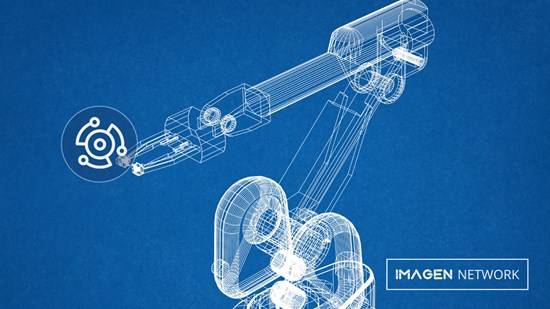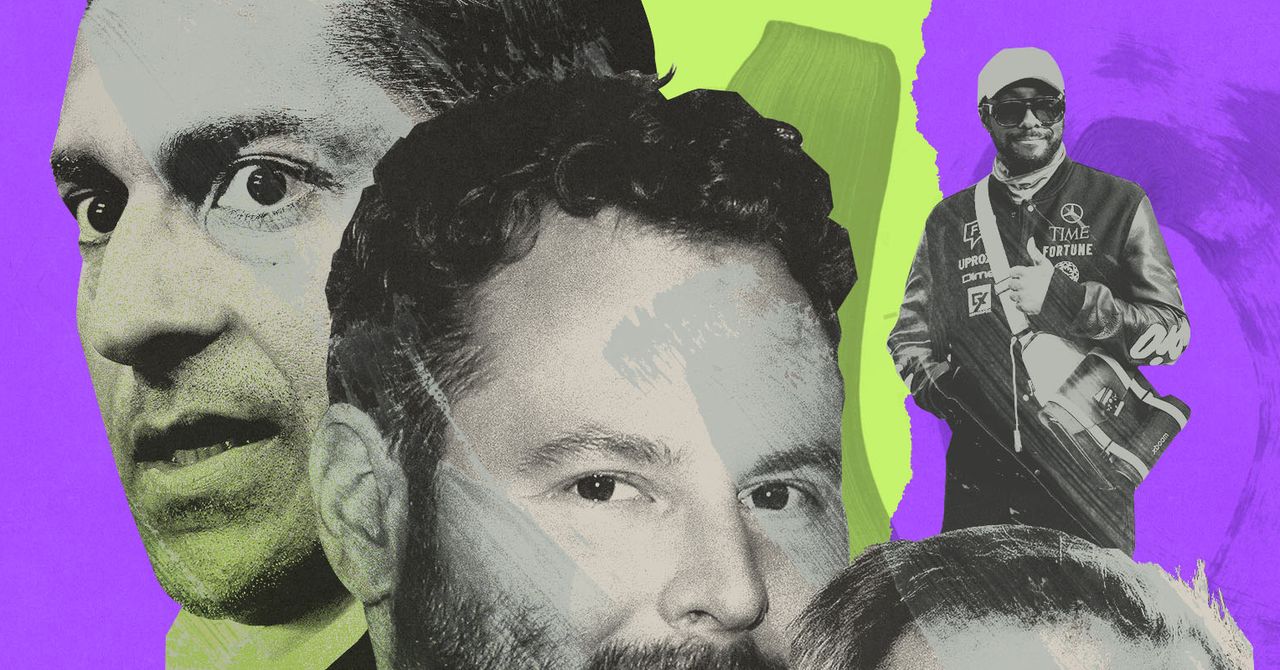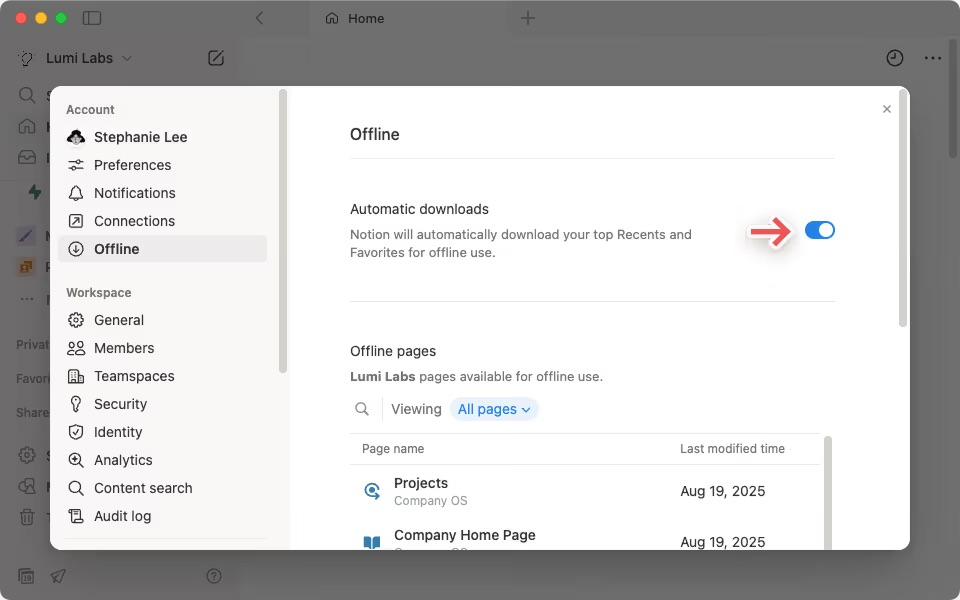Mostaque had answers for all of this, but investors lost confidence anyway. Four months after the article came out, VCs from both Coatue and Lightspeed left the board of directors, signaling they no longer had faith in the business. By the end of the year, the company’s head of research, chief operating officer, general counsel, and head of human resources had left as well. Many of Stability’s prominent researchers would follow. Under pressure from investors, Mostaque finally left the company on March 22, 2024—just a few weeks after Lady Gaga’s greenhouse soiree.
Akkaraju and Parker wasted no time in taking over Stability, installing Akkaraju as CEO and Parker as chairman of the board. They never spoke to Mostaque, although the former CEO says he reached out to offer his support.
The pair set about trying to remake Stability AI for the moment. Not long after they took over, the competition got fiercer. That September, another startup, Runway, signed the AI industry’s first big deal with a movie studio. Runway would get access to Lionsgate’s proprietary catalog of movies as training data and develop tools for the studio. “The time it takes to go from idea to execution is just shrinking—like a lot,” says Cristóbal Valenzuela, CEO of Runway. “You can do things in just a couple of minutes that used to take two weeks.” In the coming years, he predicts, “you will have teams of two, three, four people making the work that used to require armies and hundreds of millions of dollars.”
The deal with Lionsgate pushed the AI-fication of Hollywood into overdrive. “I can tell you, last year when I came to Los Angeles versus today, it’s night and day,” says Amit Jain, CEO of Luma, another Stability competitor. “Last year it was ‘Let’s prototype, let’s proof-of-concept’—they were deferring the inevitable. This year it’s a whole different tone.”
Moonvalley, an AI company founded by former Google DeepMind researchers (and the parent company of Asteria, an AI film studio cofounded by the actor Natasha Lyonne), recently told Time magazine that more than a dozen major Hollywood studios are testing its latest model—signaling openness to the technology, if not yet a full embrace.
“It was really about me and Sean coming in and providing that direction, that leadership, and really taking advantage of what we call the three T’s: timing, team, and technology,” Akkaraju says.
I’m sitting not at his TED Talk but in his $20 million mansion near Beverly Hills, on an immaculate overstuffed white couch overlooking a manicured garden. Akkaraju is fit, with a gleaming white smile and a button-up that shows off his biceps. His eye contact and handshake are equally strong.
Early on in his tenure, Akkaraju says, he decided that Stability would no longer compete with OpenAI and Google on building frontier models. Instead, it would create apps that sat on top of those models, freeing the company from enormous computing costs. Akkaraju negotiated a new deal with Stability AI’s cloud computing vendors, wiping away the company’s massive debt. Asked for specifics on how this came about, Akkaraju, through a spokesperson, demurred. Investors, however, came flocking back.









